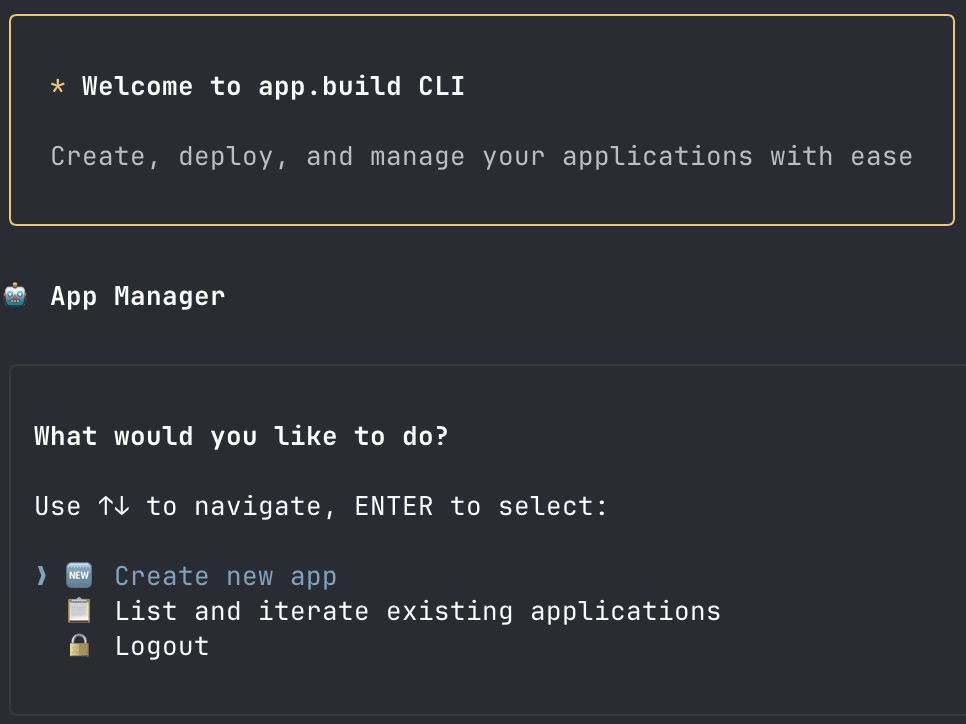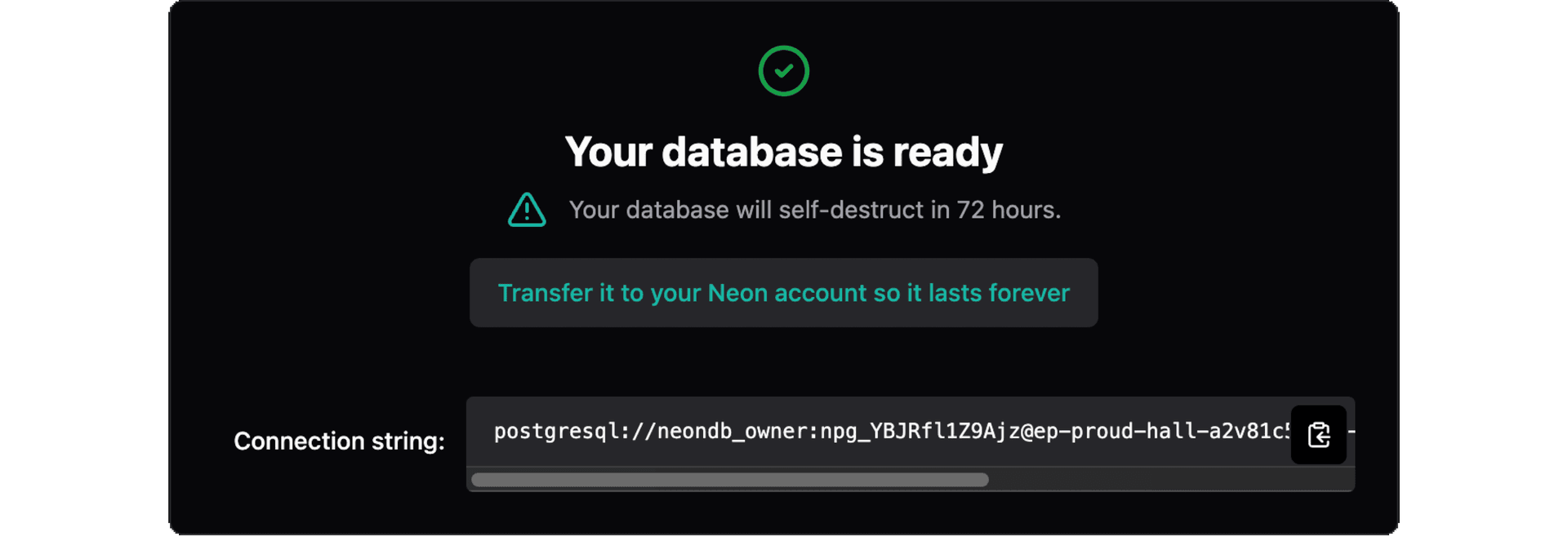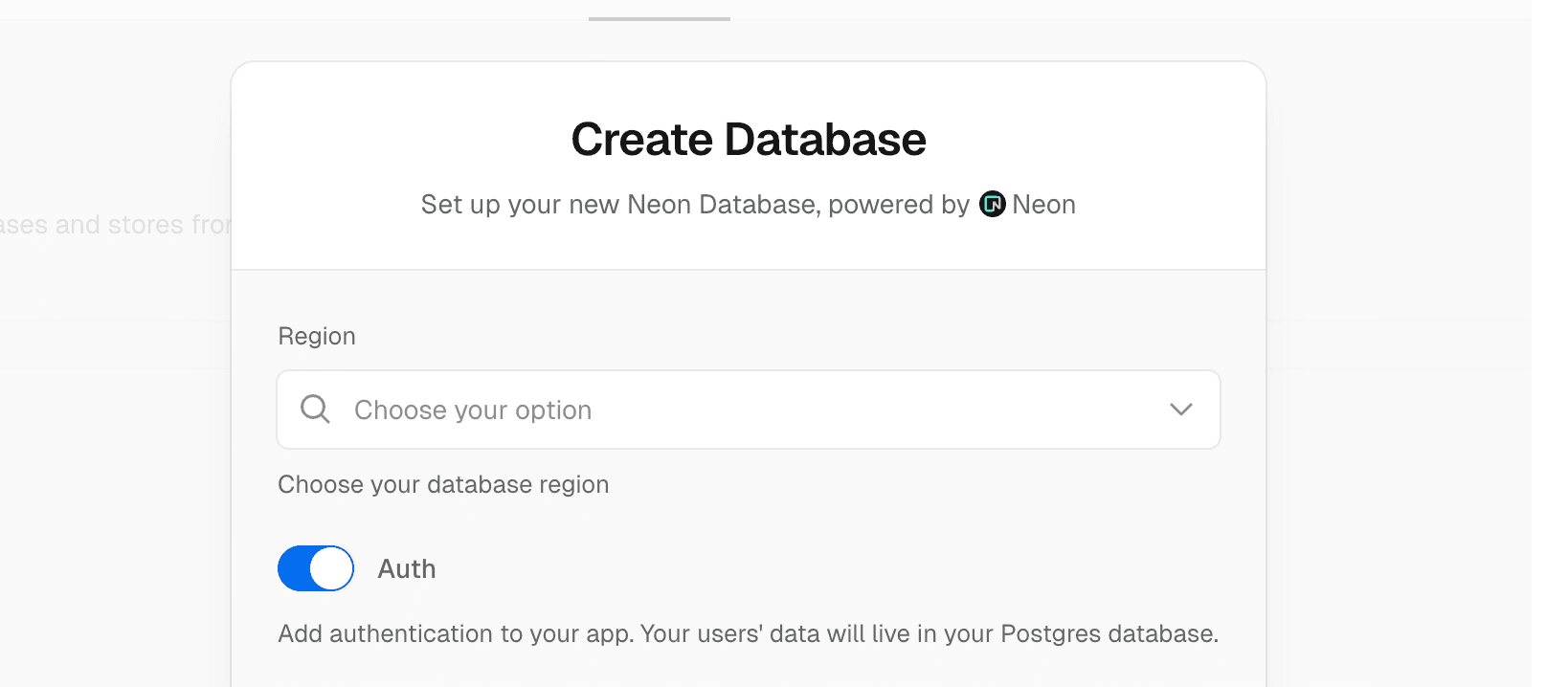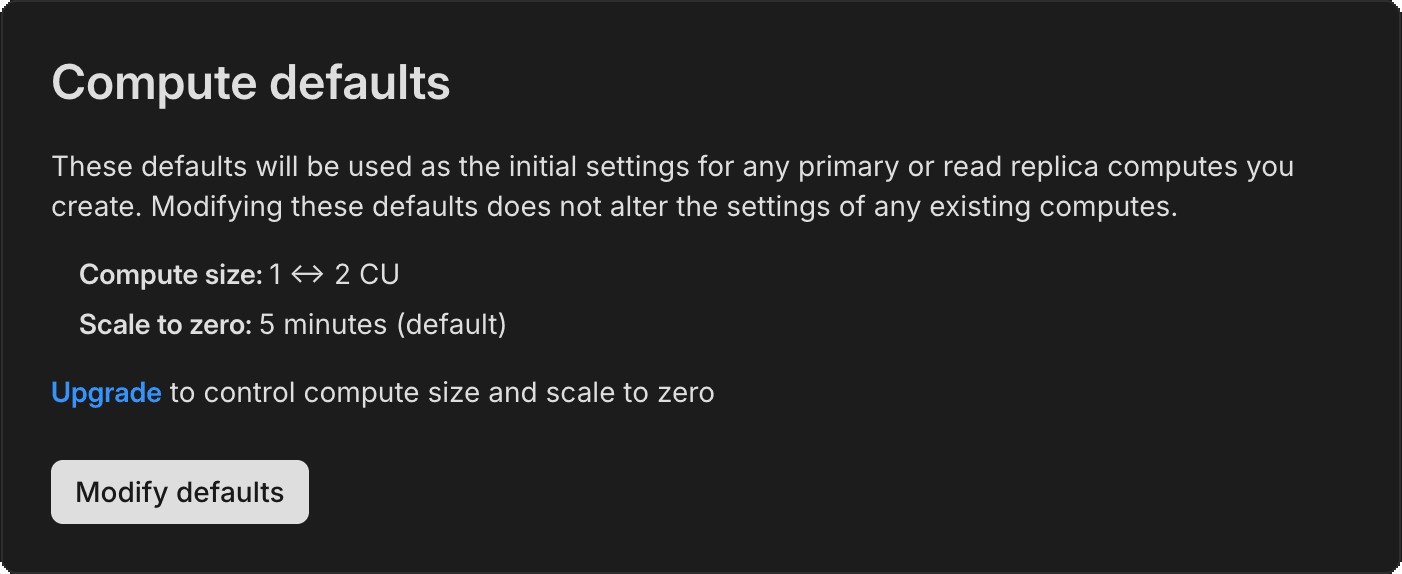app.build
We're very happy to join the codegen community with app.build, our open-source reference implementation for building codegen products on top of Neon. app.build is an agent that converts AI-generated code snippets into complete, deployed applications. While LLMs handle isolated coding problems well, app.build uses agent architecture to create production-ready apps.

Why we built this:
- Beyond code snippets - Transforms prompts into complete, deployed applications with frontend, backend, and database
- Community-driven development - Open source for developers to bring their own models and run locally
- True agent architecture - Iterates on code, runs tests, and responds to feedback until everything works
- Instant deployment - Ships working apps with real infrastructure
Getting started:
npx @app.build/cliWith this single command, you can create and deploy a complete application with its own GitHub repository.
How it works:
The agent decomposes app creation into validated tasks, running checks at each step to ensure everything works. This divide-and-conquer approach enables reliable generation of complex applications beyond simple code snippets.
Join us: GitHub - Built in the open for developers exploring AI-powered development.
Neon Launchpad
Introducing Neon Launchpad at neon.new, which enables instant Postgres database provisioning without any configuration or account creation. This feature allows you to get a fully functional database in seconds and demonstrates Neon's claimable database capabilities in action. You can build similar experiences to Neon Launchpad in your own application using the APIs documented in the integration guide.

Key features include:
- Zero-configuration setup - No account required to get started
- Multiple access methods - Browser interface, CLI tools, and development integrations
- Claimable databases - Keep your database by claiming it with a Neon account within 72 hours
Getting started
Get started immediately by visiting neon.new in your browser, running npx neondb from the command line, or integrating automatic database provisioning into Vite projects with @neondatabase/vite-plugin-postgres.
Netlify DB: One-click Postgres powered by Neon
We're excited to announce that Neon is now powering Netlify DB, a new service that lets you provision production-ready Postgres databases directly from your Netlify project. Built on top of Neon Launchpad, Netlify DB makes it possible to spin up a fully configured Neon database with just one click in the Netlify Dashboard or a single CLI command (netlify init db).
Netlify DB is designed to be the perfect database for AI-native development, offering:
- Instant provisioning with no external signup required
- Automatic environment variable configuration
- Zero-config setup with your deployed functions
- The ability to claim your database and link it to your Neon account when you're ready
This integration is part of Netlify's Agent Week initiative, making it easier for both developers and AI agents to build applications with a production-ready database. Learn more in the Netlify DB documentation.
Add domains to Neon Auth
You can now whitelist redirect URIs for your deployed app directly in Neon Auth, without needing to create a Stack Auth account or transfer your project. This makes it easier to manage your app's authentication settings and simplifies your workflow.

Fixes & improvements
-
Neon Console
- We updated the warning message to clarify that changing compute size settings will definitely interrupt database connections, rather than just possibly doing so. We want to make that clear so you know exactly what to expect.
- Every new user now starts with their own free organization, simplifying our object hierarchy and improving development velocity.
-
Neon serverless driver
-
The Neon serverless driver was updated to version 1.0.1. This release includes package updates and addresses a few other issues:
- The package now prints a security warning to the console when a connection is made in a web browser. This behavior can be suppressed with a new configuration option:
disableWarningInBrowsers. escapeIdentifieris now re-exported frompg, resolving #154.- Fixes a module resolution issue in the Deno/JSR version of the driver by correcting the
@types/pgversion reference, resolving #112.
- The package now prints a security warning to the console when a connection is made in a web browser. This behavior can be suppressed with a new configuration option:
-
-
Neon API
- We've added new API endpoints to help you manage your Neon Auth domains: list domains, add a domain, and delete a domain. These endpoints make it easy to manage your redirect URIs programmatically.
-
Neon CLI
- Version 2.10.0: prompts for organization selection if needed, with an option to save as default.
-
Fixes
- Fixed an issue with IPv6 validation, ensuring that compressed IPv6 formats are properly validated. This improves stability and correctness for users relying on IPv6 functionality.



